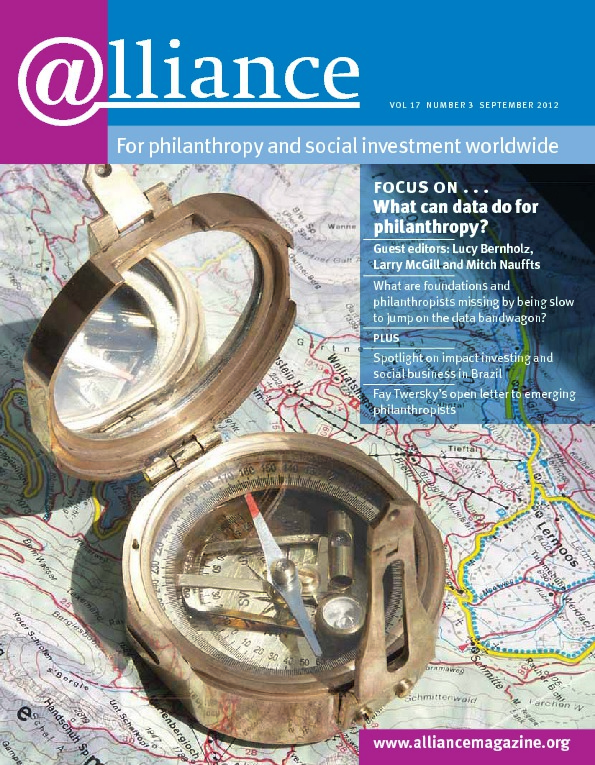‘We are a tiny, tiny little organization,’ says Bill Gates about the largest foundation that the world has ever seen. He’s right: the Gates Foundation’s annual grantmaking is only a tiny fraction of governments’ budgets. But smart philanthropic money can act like a tug, guiding tankers much bigger than itself such as companies or governments. It does that by identifying what works.
In India in 2005, a third of children in one study couldn’t read even a short paragraph. As school enrolment grew, even more students were falling behind. Innovations for Poverty Action (IPA) – which uses randomized control trials to evaluate programmes which counter extreme poverty – worked with an Indian NGO to evaluate a programme using assistants drawn from the community to teach basic skills to the lowest-performing students. The trial found that the programme significantly increased basic competency for the lowest achievers, and cost only $2.25 per student.
The government of Ghana had a similar problem: it spends £450 million a year on basic education but only 20 per cent of pupils attain national proficiency levels in English. Based on the success of the community assistants programme in India, IPA partnered with the Ghanaian government to design a programme for Ghana. With support from the Children’s Investment Fund Foundation, it was tested against several alternative variations in 400 schools. To everyone’s surprise, the original programme produced the best results.
IPA frequently finds that programmes assumed to work actually don’t work, or don’t work as expected, even if they have been running for a long time. The Ghanaian government’s positive experience has strengthened its commitment to testing policies and rigorously evaluating their impact before implementing them. Other countries where policymakers seem to be open to the findings of rigorous research include Kenya, Zambia, Mexico and even Liberia as it recovers from conflict.
Politics rewards the bold, so politicians often shy from running experiments for fear of being seen as lacking conviction. Yet as Richard Thaler, American co-author of the best-selling book Nudge, points out, ‘Governments can’t make evidence-based policy decisions unless they have some evidence.’ Philanthropic money is uniquely well placed to provide it.
Caroline Fiennes is director of Giving Evidence. Email caroline.fiennes@giving-evidence.com.
Jeff Mosenkis is global outreach coordinator at IPA. Email JMosenkis@poverty-action.org.
For more information
http://www.poverty-action.org


Comments (0)